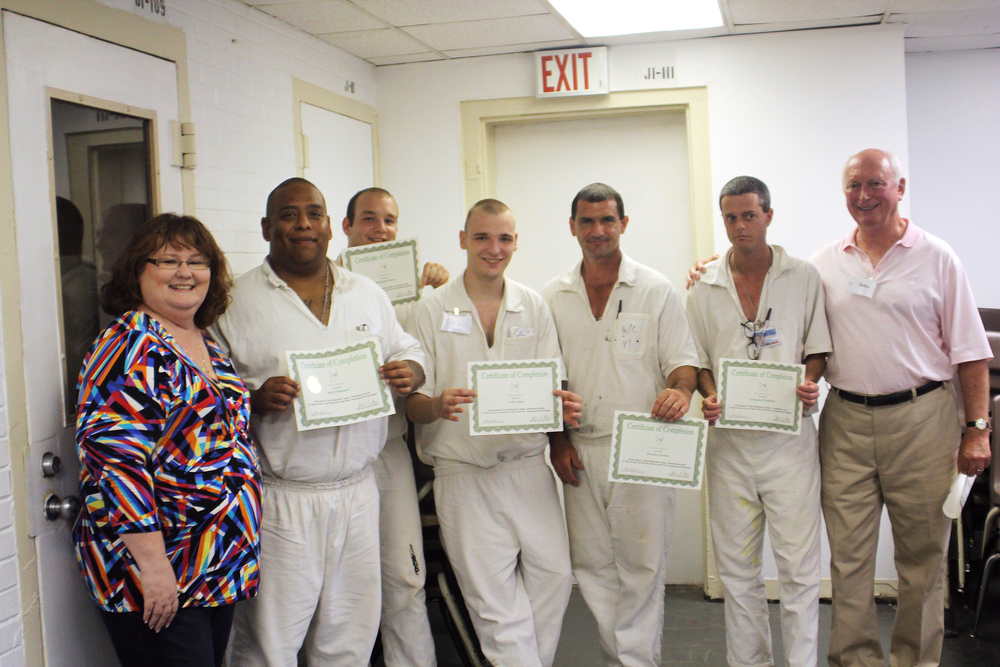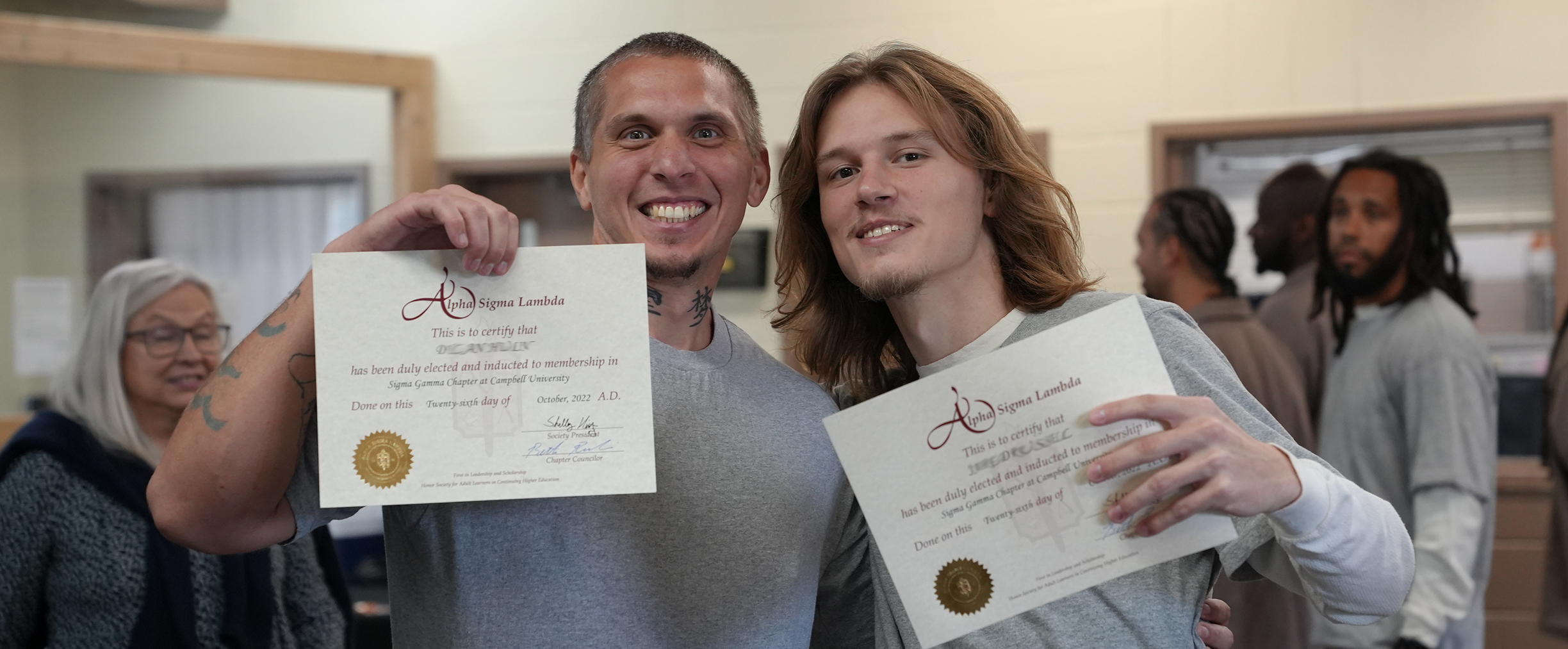Supporting Mental Health in Correctional Facilities
 Mental health continues to be a challenge in correctional facilities. A significant number of incarcerated individuals live with mental health conditions, ranging from depression and anxiety to more serious disorders. Lack of resources can make it difficult for correctional facilities to provide consistent, effective care.
Mental health continues to be a challenge in correctional facilities. A significant number of incarcerated individuals live with mental health conditions, ranging from depression and anxiety to more serious disorders. Lack of resources can make it difficult for correctional facilities to provide consistent, effective care.
That’s starting to change. Across the country, mental health professionals are working to create better outcomes for people in custody. From therapeutic programs designed to help individuals manage emotions and build healthier thinking habits, to trauma-informed training for correctional staff, there’s a growing recognition that mental health support is necessary and creates better outcomes for residents and staff.
Some initiatives focus on helping residents develop practical skills for life beyond incarceration. Others aim to reduce harmful practices or provide direct mental health support. While these approaches vary, they all aim to provide care that treats incarcerated people with dignity and equips them with tools for stability and success both during and after incarceration.
Improving mental health in correctional settings is about more than reducing symptoms. It’s about creating safer environments, lowering recidivism, and ultimately, giving people a better chance at rebuilding their lives.
At Bob Barker Company, we believe it is important to support the mental health of incarcerated individuals. That’s why we create products that help facilities run smoothly, and support programs that equip individuals with the skills they need to address mental health challenges.



